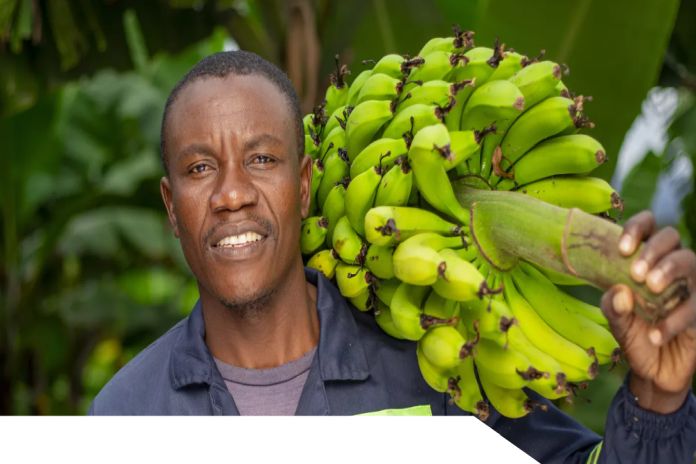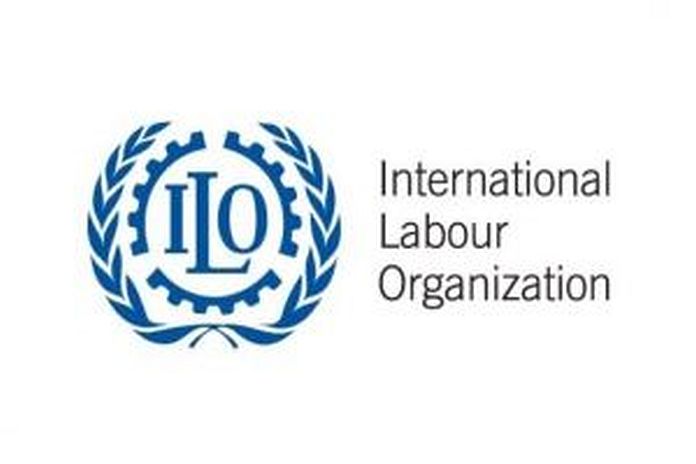New processing plant brings hope to banana farmers in Zimbabwe

ZIMBABWE / AFRICA – The banana processing plant under construction in Hauna in the Mutasa District of Mutare, aims to help banana farmers in the region to access markets, transportation, and reduce post-harvest losses, including tackling gender-based violence.
The banana processing plant was first mooted in 2018. This was from a realisation that the banana farmers were not benefitting from the banana plantations abound in the district and surrounding areas. The challenges were layered, from failure to access markets, many accidents en route to markets, and gender-based violence emanating from women spending long periods selling the banana produce away from home. This plant is expected to mitigate these issues.
Nestled in the heart of Honde Valley, a region renowned for its agricultural productivity, lies a community of resilient farmers. The valley’s fertile lands yield a variety of crops, including bananas, tea, coffee, and avocados. Among these, banana farming stands as a major economic activity, sustaining many families and shaping their livelihoods.
Shadreck Bvute, a seasoned farmer, reflects on his journey. His eyes gleam with a mixture of pride and weariness as he recounts his experiences. “I have been a banana farmer since 2014. This is my main source of income. I am not employed elsewhere; my home is my office. I spend day and night farming bananas,” said Shadreck.
Shadreck went on to highlight the challenges they have faced. “The buyers set the prices without considering our cost of production. So we are forced to sell bananas at very low prices. At the same time, when bananas are flooded, they rot.”

The other common challenges are transportation and access to markets. He bemoaned how the farmers’ efforts are almost in vain comparing the efforts put into production and the meagre benefits they derive.
Enoch Chapinduka, an Agritex supervisor, underscores the significance of this development for the local farming community. “The major challenge is middlemen buying bananas at low prices. Farmers lose much to them, and the cost of inputs is high. The markets are too far away. Having a plant here will reduce accidents and improve farmers’ incomes and will greatly arrest recurrent post-harvest losses.”
Training has been a crucial part of preparing the community for the plant’s operations. “Various training sessions and workshops have been conducted with the International Labour Organization and the ministry of agriculture. Farmers have been trained on how the processing plant will operate,” said Isaac.
Alderman Tsatukana Chinhanhu reflects on the impact of the project on local employment. “Employment has been created through this project. Youths from the area who trained at Magamba Training School are now employed in constructing this factory,” said the former councillor.
For the young builders, the plant brings more than just economic benefits. “Working here makes my family happy. The job has helped us with covering our basic running expenses,” said one of the builders.
In general, the anticipated impact of the processing plant is quite substantial among the farmers. “Everyone is looking forward to this. Even if they do not work at the factory, they can supply their produce for processing. There is no homestead without a banana plant in this area because bananas grow well here,” said Shadreck.
He emphasized the responsibility of the younger generation to sustain this new opportunity. “We are encouraged to keep this processing plant busy. The younger generation must focus on ensuring a constant supply of bananas to keep the plant running,” said Shadreck.
Farmers in Honde Valley are optimistic that the processing plant will improve the banana value chain, helping to boost their businesses. This new development promises to bring stability and growth to the community, ensuring a brighter future for the banana farmers of Honde Valley.
Source: caribbeannewsglobal.com

